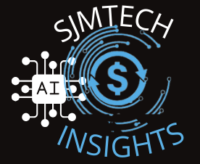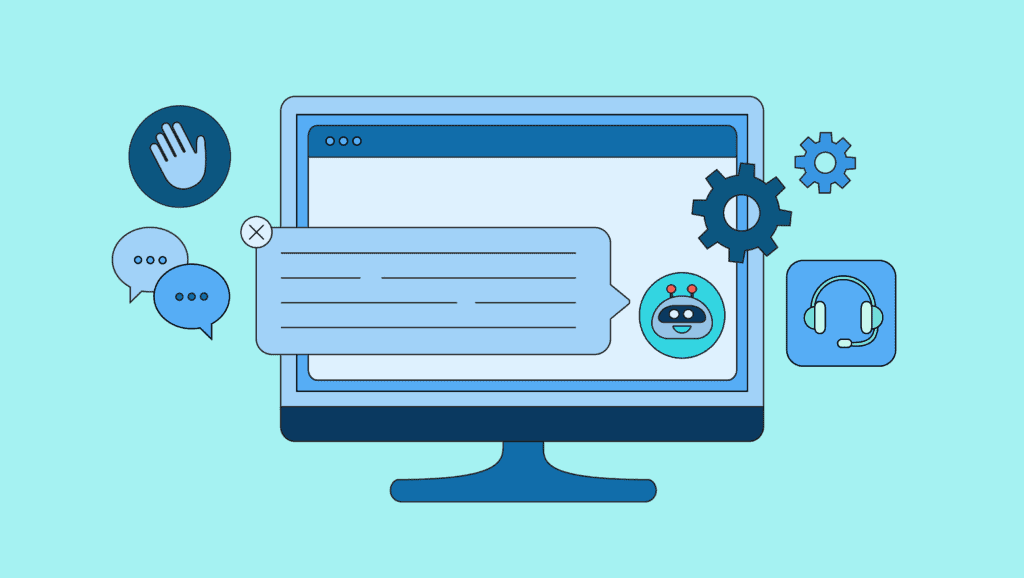Artificial Intelligence (AI) has revolutionized various industries, and healthcare is no exception. The integration of AI in medical care has brought about a transformation in the healthcare sector, opening up new possibilities for diagnosis, treatment, and patient care[1]. In this article, we will explore the impact of AI in medical care and its potential to revolutionize healthcare.
Medical Technology Through the Ages
Medical technology has come a long way from the humble beginnings of medical instruments and early imaging techniques like X-rays. The 20th and 21st centuries have seen the introduction of groundbreaking innovations, such as magnetic resonance imaging (MRI), computed tomography (CT) scans, and minimally invasive surgical procedures[2]. However, the integration of AI in medical care is expected to advance even more rapidly, revolutionizing various aspects of medicine and patient care.
AI Applications in Medical Care
- Diagnostics: AI-powered technologies use machine learning algorithms to analyze vast amounts of data, enabling physicians to make better-informed decisions about patient care. AI can assist in disease diagnosis, risk assessment, and treatment planning[5].
- Drug Development: AI can help researchers identify new drug targets, predict drug efficacy, and optimize clinical trials. It can also assist in drug repurposing, which involves finding new uses for existing drugs[3].
- Surgery: AI can assist surgeons in planning and performing surgeries, reducing the risk of complications and improving patient outcomes. It can also enable remote surgery, allowing surgeons to operate on patients from a different location[1].
- Patient Monitoring: AI can monitor patients in real-time, analyzing data from various sources, such as wearables and medical devices. It can alert healthcare providers to potential health issues and enable early intervention[6].
- Personalized Medicine: AI can analyze patient data, such as genetic information and medical history, to develop personalized treatment plans. It can also assist in predicting disease progression and identifying patients at risk of developing certain conditions[5].
The Future of AI in Medical Care
As AI continues to advance, its impact on medical care is expected to grow. Increased research and development funding for AI-driven systems in the healthcare sector is projected to drive its adoption further[2]. The market size of artificial intelligence in healthcare is expected to reach billions of dollars in the coming years[5].
However, the use of AI in medical care also raises ethical considerations and risks. Deliberate attention must be given to mitigate the potential risks associated with AI in healthcare, and ongoing discussions on international regulations are taking place[4]. The integration of AI in medical care must be done in a way that prioritizes patient safety and privacy.
In conclusion, AI is revolutionizing medical care by enhancing diagnostics, drug development, surgery, patient monitoring, and personalized medicine. As technology continues to advance, it is crucial for the healthcare industry to stay at the forefront of AI developments to improve patient outcomes and deliver superior care efficiently and effectively.
References:
- [1] The Impact of Artificial Intelligence on Healthcare
- [2] Revolutionizing medicine: the journey of health care and AI
- [3] How AI Is Revolutionizing Health Care
- [4] Revolutionizing Healthcare for Improved Patient Outcomes
- [5] How AI is revolutionizing healthcare with predictive analytics, personalized medicine, and disease detection
- [6] How AI Is Revolutionizing Healthcare
Citations:
[1] https://www.bostondigital.com/insights/impact-artificial-intelligence-healthcare
[2] https://www.kevinmd.com/2023/04/revolutionizing-medicine-the-journey-of-health-care-and-ai.html
[3] https://www.forbes.com/sites/forbestechcouncil/2020/01/15/how-ai-is-revolutionizing-health-care/
[4] https://jmrionline.com/jmri/article/view/292
[5] https://www.datalinknetworks.net/dln_blog/ai-in-healthcare-how-ai-is-revolutionizing-healthcare-with-predictive-analytics-personalized-medicine-and-disease-detection
[6] https://www.usa.edu/blog/how-ai-is-revolutionizing-healthcare/




